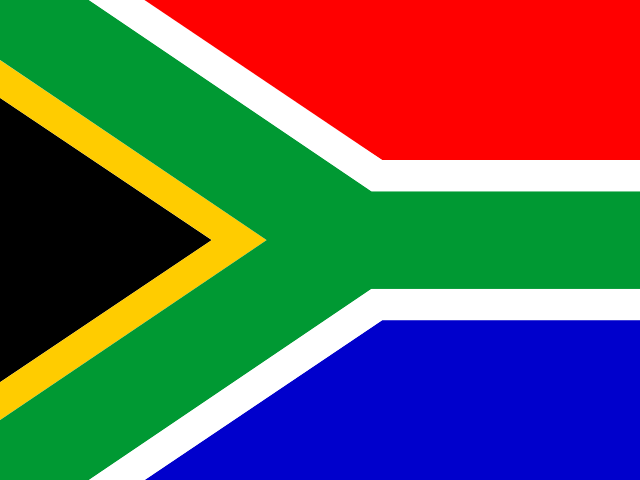
South Africa
South Africa’s media are characterised by public and commercial broadcasters operating in multiple languages, a small number of publishing groups from a legacy print background, and a few successful digital-born outlets. In an increasingly constrained business environment, media organisations and industry bodies have prioritised the loss of revenue to platforms and the funding for local and community news.
The Competition Commission of SA issued its findings from the Media and Digital Platforms Market Inquiry it initiated in 2023. The report looked at the negative impact of major technology giants on the media industry, and how the decline of South African journalism risks undermining democratic institutions.1 Among the commission’s recommendations was that Google should contribute between R300m ($16.5m) and R500m ($27.5m) per year into a journalism sustainability fund over the next three to five years; that digital platforms implement algorithmic fairness measures to ensure South African media outlets receive equitable representation; and that YouTube and Meta should increase revenue share to news publishers. Additionally, a 5–10% levy on digital advertising revenue will be imposed if platforms fail to implement these remedies.
Stakeholders have been given four months to comment on the findings, before the final report is released later in 2025. The commission also addressed the threat of AI to traditional news organisations, and proposed a range of measures, including giving news media the option to negotiate collectively with AI companies, and to opt out of AI scraping.
In a move that resonates with the 2025 DNR survey’s finding that South Africans’ interest in local news (60%) is the highest of the countries surveyed, the Association of Independent Publishers and Google established the Digital News Transformation Fund, making available R114m (approximately $6.3m) over three years to support the sustainability and digital transformation of small, independent local news publishers through targeted project-based funding. In another intervention aimed at bolstering the news industry, the South African National Editors' Forum is establishing a journalism sustainability fund (separate to the one referenced above) to help organisations that produce public interest journalism. SANEF has approached corporates and philanthropists in an effort to raise a reported R100m ($5.5m) in the first year.2
Concern about information integrity is still high in South Africa, and some news organisations have responded by including fact-checking desks as part of their core offering. The country’s largest, News24, which also has one of the highest trust levels, has launched a ‘full-time disinformation desk’, and the digital-born news site the Daily Maverick launched a dedicated Factcheck Hub, in partnership with the fact-checking non-profit Africa Check.
In December 2024, the Daily Maverick had to make the first cuts in its history, amounting to around 15% of its operating costs. Earlier in the year it had shut down its service for a day to highlight the crisis that the global journalism industry faces.
Meanwhile arguments over the future of the public broadcaster continue to rage, with the SABC expecting to make a R590m financial loss to end of March 2025. A bill was submitted to put the broadcaster back on an even keel, but critics suggested this was an attempt to bring the broadcaster back under government control.
Despite resource crunches, some newsrooms are embracing the potential of AI, and also establishing positions for new beats that reflect the evolving concerns of journalism, such as crypto investigations. Although a recent study revealed that the adoption of AI into journalistic practice is often at a personal, rather than institutional level, there are several newsrooms that have incorporated AI into their publishing systems (Adjin-Tetley et al. 2024). The use of TikTok for news has grown 5pp, and this will have an impact on trust, given that 56% of South Africans identify TikTok as a potential source of disinformation.
The news ecosystem in South Africa is far from healthy, with print’s death spiral almost at an end, and digital news and broadcast platforms battling to sustain themselves in the face of social media platforms, and especially the migration there of younger audiences. While there are positive interventions being made, it’s going to take a much more concerted effort by news organisations to maintain relevance and sustainability.
Chris Roper
Deputy CEO, Code for Africa
Methodology note
These data are based on a survey of English-speaking, online news users in South Africa – an important part of a larger, more diverse, media market. Respondents are generally more affluent, younger, have higher levels of formal education, and are more likely to live in cities than the wider South African population. Findings should not be taken to be nationally representative.
Trust in news overall
55%
(-2)
=5/48
Although South Africa (55%) is still well ahead of the global average (40%), it has suffered a 6pp drop since 2022’s high of 61%. The fact that almost all news brands have suffered a decline in trust is also a disturbing sign, signalling that the industry will have to actively work to reverse this trend.

